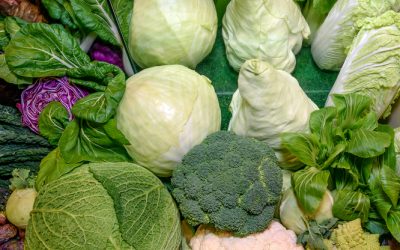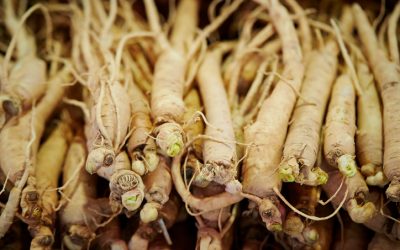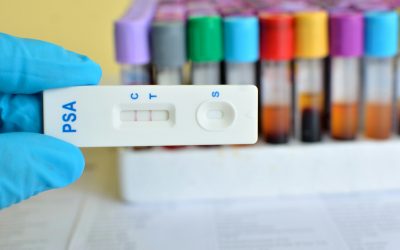The Ties Between Curcumin Intake and Tumor Suppression
Cancer is a leading and devastating cause of death in the United States, as one of the most difficult diseases to prevent and treat among the chronic diseases. The complexity of certain cancers, specifically colorectal, is promoted by the intricate networks of communications between cancer-sustaining agents within the body. These agents are most commonly tumor cells and surrounding tissues to which the cancer cells are able to spread. With a compromised immune system function, tumor cells are quick to invade surrounding tissues and aggravate the condition.
The field of carcinogenic research is focusing on disrupting these communications between tumor cells and tissue cells to slow the process of carcinogenesis. A widely proposed solution to this dilemma is found in nutraceuticals, a form of medicine that utilizes the components of nutritional products as therapy for medical disorders. The shift to a homeopathic resolution is necessary because of the resistance build up and adverse effects that chemotherapy induces on the body.
The communication of supportive tissues in the cells and tumors can play a pivotal part in progressing cancer development. A recent carcinogenic study sought to investigate the protective effects of curcumin intake in cancer stem cells in relation to intracellular interactions that can worsen cancer prognosis.
Curcumin is a principal component in turmeric, a member of the ginger family. Turmeric is found to show positive treatment for anti-inflammation through antioxidant mechanisms and is potentially a therapeutic agent for cancer treatment. Several research studies found that the curcumin component of turmeric impeded the growth of certain tumors.
In the colorectal study, it was theorized that curcumin suppresses tumor growth by inflating the sensitivity of tumor cells to chemotherapy treatment. In the observation of inhibition by curcumin and increased sensitivity to chemotherapeutic agents, researchers concluded that curcumin might be enacted as a therapeutic measure to prevent the spread of cancer in the body and suppress crosstalk between various tumor-promoting agents. Transformation of these studies into clinical trials could potentially confirm the utilization of curcumin in turmeric as an anti-cancer drug, along with its already known anti-inflammatory effects.
Buhrmann C., Kraehe P., Lueders C., Shayan P., Goel A., Shakibaei M. “Curcumin Suppresses Crosstalk between Colon Cancer Stem Cells and Stromal Fibroblasts in the Tumor Microenvironment: Potential Role of EMT.” PLOS One 9(9): p 1-14.



